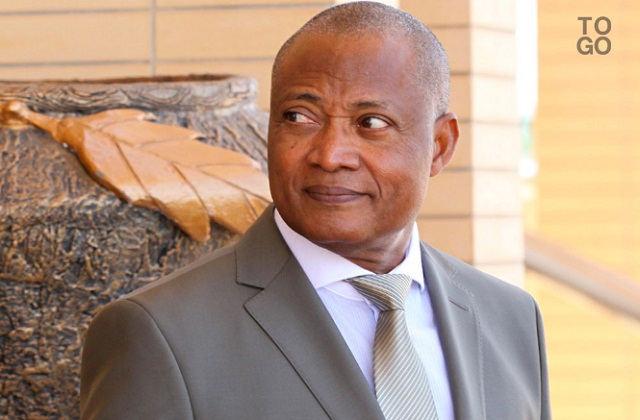
Lome, Togo | AFP | Togo’s opposition on Wednesday vowed to maintain the momentum of anti-government protests, as thousands again took to the streets before promised talks with the president.
The leader of the National Alliance for Change (ANC) party, Jean-Pierre Fabre, led the crowds in the capital but similar protests were banned on security grounds in the north.
“Mobilisation will continue, even during talks. We are not going to give up the fight,” Fabre told AFP.
A source in Togo’s second city of Sokode — the stronghold of Tikpi Atchadam, the Panafrican National Party leader behind the demonstrations — said the streets were calm.
Many young people who had fled into the countryside fearing repercussions had not yet returned home, the source said, adding that sporadic arrests were still occurring.
Wednesday’s march was the first of three planned for this week to put pressure on Togo’s President Faure Gnassingbe to resign.
Gnassingbe has been president of the West African nation since 2005, taking over after the death of his father, General Gnassingbe Eyadema, who ruled Togo for 38 years.
Fourteen opposition parties want two-term limits for presidents, applied retroactively to prevent Gnassingbe from contesting the 2020 and 2025 elections.
The head of state — who left for an Africa-Europe summit in Ivory Coast on Wednesday morning — said last week that preparations were being made for talks with the opposition.
The discussions would take place in the coming weeks, he added.
A statement announcing Gnassingbe’s departure for Abijdan published on Wednesday morning made no mention of the protests.
But demonstrators said they wanted the issue addressed.
“I would like the heads of state and France in particular to get involved personally and speak face-to-face with Faure Gnassingbe,” said Abla, a student in Lome.
No bilateral meeting has yet been scheduled between Gnassingbe and President Emmanuel Macron, from Togo’s former colonial power, France.
But Franck Paris, an Elysee spokesman, said last week that “Togo will be an important subject of talks on the ground”.
At least 16 people have been killed in three months of protests after opposition supporters clashed with police and security forces, especially in the north.
 The Independent Uganda: You get the Truth we Pay the Price
The Independent Uganda: You get the Truth we Pay the Price





